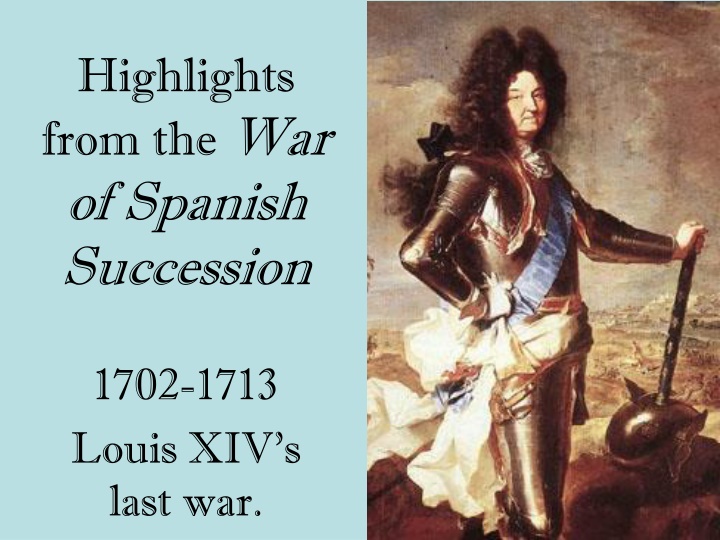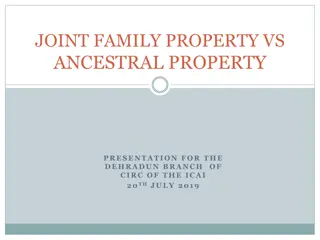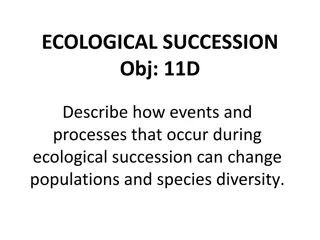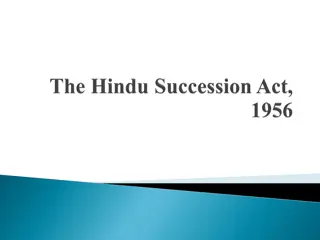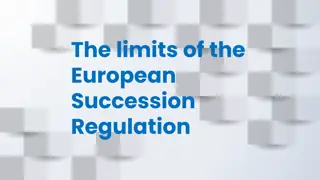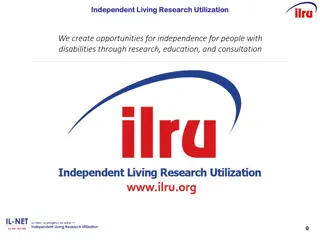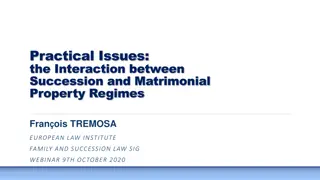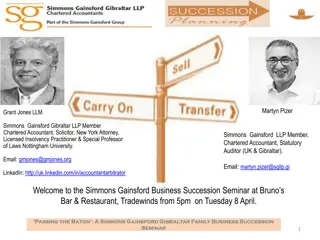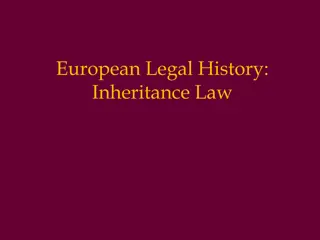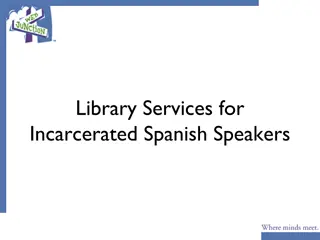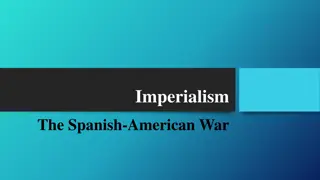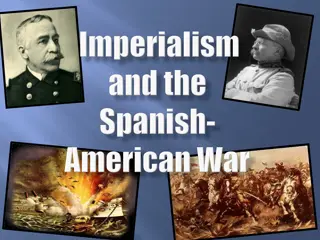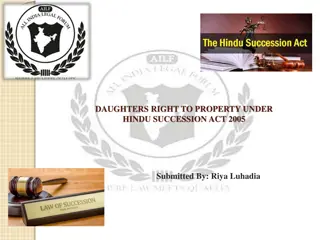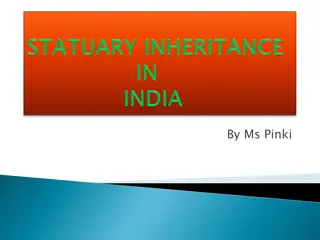Insights from the War of Spanish Succession (1702-1713)
The War of Spanish Succession (1702-1713) marked Louis XIV's final war, reflecting a complex political landscape in Europe. The conflict arose due to the declining power of Spain, with the last Hapsburg monarch, Charles II, facing challenges of inbreeding and mental deficiencies. The struggle for control over Spain led to diplomatic maneuvers and power struggles among major European powers like France and England. The war eventually culminated in a partition treaty and the Bourbon dynasty's ascent to the thrones of both Spain and France, sparking unrest among other European powers.
Download Presentation

Please find below an Image/Link to download the presentation.
The content on the website is provided AS IS for your information and personal use only. It may not be sold, licensed, or shared on other websites without obtaining consent from the author.If you encounter any issues during the download, it is possible that the publisher has removed the file from their server.
You are allowed to download the files provided on this website for personal or commercial use, subject to the condition that they are used lawfully. All files are the property of their respective owners.
The content on the website is provided AS IS for your information and personal use only. It may not be sold, licensed, or shared on other websites without obtaining consent from the author.
E N D
Presentation Transcript
Highlights from the War of Spanish Succession 1702-1713 Louis XIV s last war.
For thirty years, France and England had tried to maintain a balance of power power in Europe. This was done through war and alliances Many smaller states also placed themselves in this mess through diplomatic maneuvering. balance of
While France and England dominated European Politics, Spain declined In Spain, the last Hapsburg monarch, Charles II was a product of years of inbreeding. He was mentally deficient, drooling, hunchbacked.
He should have died in his youth, but he didn t!! (God s intervention??) Was likely impotent
The Dutch (newly independent of Spain) and France did not want the Hapsburg empire to be united as it had been under Charles V (HRE) With no heir Who would take control of Spain? 3 claimants Louis XIV s grandson Leopold I (HRE) s son Joseph Ferdinand of Bavaria (neither Bourbon nor Hapsburg!) related by marriage
As Charles weakened William III and Louis agree that the Hapsburg domains should be split France and Austria. (1698) All this was done while Charles II was still alive! When Charles II found out about this. He was so angry that he changed his will leaving everything to Joseph Ferdinand. 1699 JF dies! split between
Louis and William negotiate partition treaty again dividing Spanish possessions in Europe. Charles changes his will to favor Bourbon claim (Philip, second grandson)
Louis accepted the throne on behalf of his Grandson Philip, causing a huge uproar among the powers. This meant that a Bourbon would now sit on the throne of Spain AND France.
One diplomat even cried out that The Pyrenees are no more!
The fight was really a French Austrian issue, but nothing in Europe is ever that simple Alarmed by France's ambitious demands, England and Holland enter the fray in 1702 in support of the Austrian emperor. (2 protestant nations fighting for the HRE)
This alliance was called the Grand Alliance Grand Alliance. William died two years later, in 1703. His sister in law (Mary s sister) Anne inherited the throne. The Grand Alliance held and Anne took up her brother- in- law s war.
Treaties of Utrecht 1713 Philip V is King of Spain but relinquishes all rights to the throne of France Spanish Netherlands ceded to Austria Brandenburg is renamed Prussia and has a King! Alsace is ceded back to France Britain and Netherlands gain slaving rights to Spanish colonies
The English emerge as the clear The English emerge as the clear victors victors. They gain Gibraltar and control the mouth of the Mediterranean They gain territory in the New World from France (Canada) France repudiates the claims of the Stuart ancestors of James II and accepts the line of Protestant rulers.
Louis dies September 1, 1715. In Paris, people cheer his death. He out livcs many of his heirs. He spent too much and fought too many wars. France is broken, but still great.
